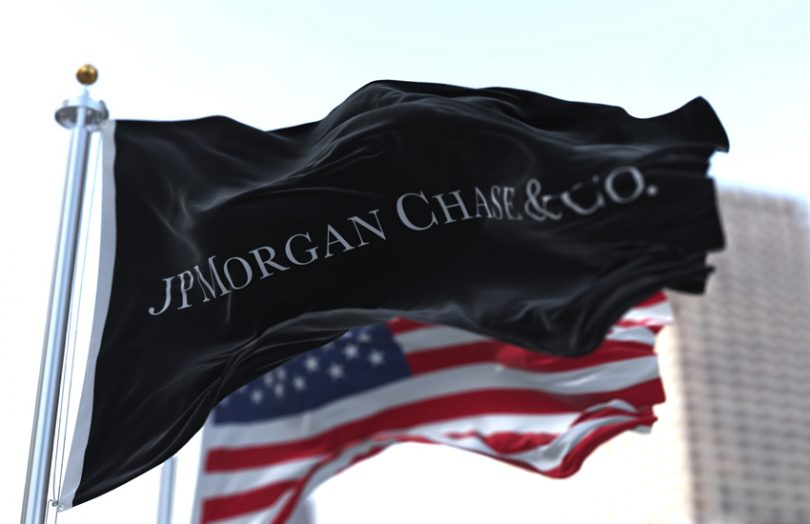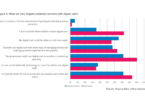Today Oliver Wyman and JP Morgan published a joint report exploring how a multiple central bank digital currency (M-CBDC) network could save corporates money. They estimate that corporate wholesale payments amount to $24 trillion a year and cost $120 billion, which could fall by $100 billion using an M-CBDC network.
“Central banks around the world who are at various stages of CBDC development are considering how to build an infrastructure where systems operate and work together with the necessary controls in place,” said Naveen Mallela, Global Head of Coin Systems, Onyx by J.P. Morgan.
“In this report, we put forward robust design considerations for a successful mCBDC network and demonstrate how it can be practically implemented, using ASEAN corridors as an example.”
While the cost savings are sorely needed by corporates, the $100 billion savings will come at the expense of banks. Hence it may seem unusual to see a bank giving the rallying cry for this change.
The ASEAN is a region where bigger savings are expected because often multiple correspondent banking intermediaries are currently used for payments.
The impact on banks won’t just be the loss of correspondent banking fees. It’s estimated that corporates could reduce their overnight balances by up to $10 billion. Plus, banks will have to pay to operate two sets of cross-border payment systems in parallel during this transition.
Although JP Morgan has a substantial presence in Asia, the region accounted for just 15% of its net revenues for Corporate and Investment Banking (CIB) in 2020. And wholesale payments revenues globally account for only 11% of CIB revenues. Hence, there’s plenty of upside for JP Morgan.
It’s eyeing revenues from subscription-based corridor M-CBDC access and smart contracts to enable cash management services. And Partior.
JP Morgan’s footprint and borrowing from DeFi
JP Morgan’s blockchain activities in the region are significant. It’s is a participant in Singapore’s Partior, the joint venture wholesale payment solution with DBS Bank and Temasek that evolved from the Monetary Authority of Singapore’s (MAS) CBDC Project Ubin. The report concludes that Partior offers an interim solution while M-CBDC projects are being developed.
The bank was also a partner in a recent M-CBDC project between MAS and the Banque de France.
That project didn’t publish a report, only a press release. So today’s publication allows JP Morgan to share the areas where its approach is different compared to other multi CBDC projects.
One of the challenges with 24/7 cross border payments is foreign exchange (FX). To that end, JP Morgan’s Onyx borrowed from the DeFi world, suggesting one could use automated market making where FX rates are decided using an algorithm. Instead of market makers working in shifts to cover timezones, banks would stake funds in liquidity pools which is another potential source of revenue.
Meanwhile, three of the other current M-CBDC projects include Project Dunbar, which involves the central banks of Singapore, Malaysia, Australia and South Africa; the M-CBDC Bridge project between Thailand, Hong Kong, China and the UAE; and Project Jura between Switzerland and France.
A recent CBDC hearing in the UK’s House of Lords raised the prospect of fragmentation. New cross border payment solutions could create an environment where countries could be left with a choice to participate in a Chinese or U.S. walled garden.






